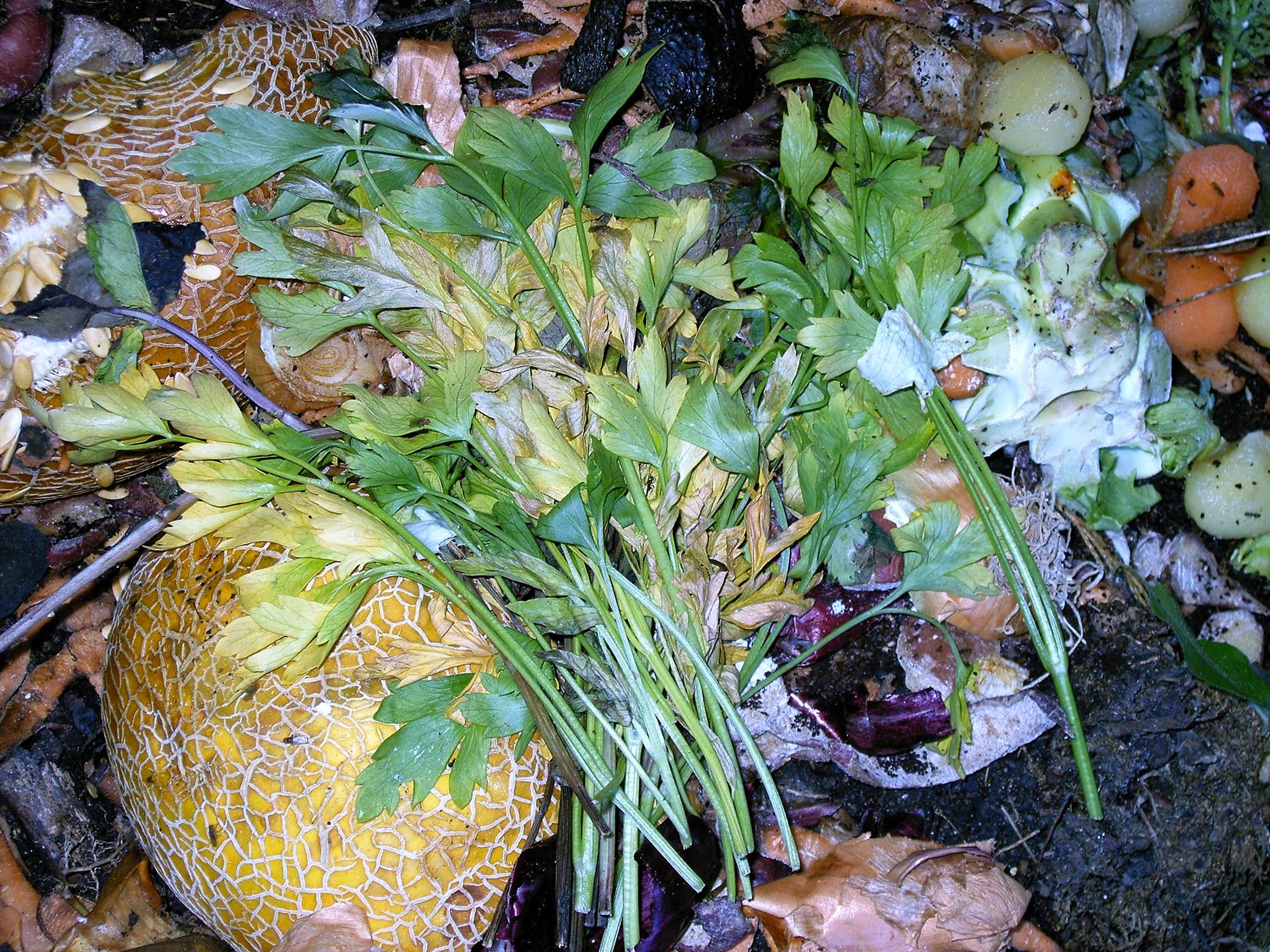 As well as experiencing Bristol's fairly new recycling/composting system with its brown bins...I'm working on a waste management policy at the moment. Actually recycling is far from the top of the list as far as being environmentally friendly is concerned.
As well as experiencing Bristol's fairly new recycling/composting system with its brown bins...I'm working on a waste management policy at the moment. Actually recycling is far from the top of the list as far as being environmentally friendly is concerned.The different options for dealing with waste issues are considered as a waste management hierarchy. The first priority is waste reduction or minimisation. After reduction comes the reuse of objects so that they do not enter the waste stream: for example the refilling of bottles. It is not until one gets down to the third level in the hierarchy that one gets to recovery, which includes materials recycling, composting and the recovery of energy from waste by a whole range of methods (some more environmentally friendly than others). Waste disposal is at the bottom of the hierarchy and includes final disposal to landfill and the incineration of waste without recovering the energy.
Our society is upside down as far as what we do with our waste is concerned because the option we use most is at the bottom of the list of environmental priorities! Thus greens are campaigning hard to emphasise the need for reduction and for reuse as our top priorities. There does of course also need to be a shift to recycling and composting but there are certainly dangers in thinking that these alone are the complete solution to all our waste and environmental problems because they are not - as their position in the waste management hierarchy illustrates.
Without significant reductions in waste we will still have to deal with very large amounts of material in a fuel and money intensive way. For example, currently Bristol sends compostable material all the way to Dorset in large lorries because it has not yet developed a composting facility locally. In one sense moving to more recycling is a relatively 'easy' step to take, despite all the teething problems, inconvenience and costs of new systems. What would really tackle our waste and pollution problems is a very significant shift to producing minimal waste and designing for reuse, repair and long life products. This is a much more difficult step to take in the sense of the scale of change because it ultimately implies restructuring our economy so that instead of being geared to mass consumption it is geared to conserving our real wealth. Thus being green is as much about a new economics as it is about the environment.
No comments:
Post a Comment
Genuine, open, reasonable debate is most welcome. Comments that meet this test will always be published.